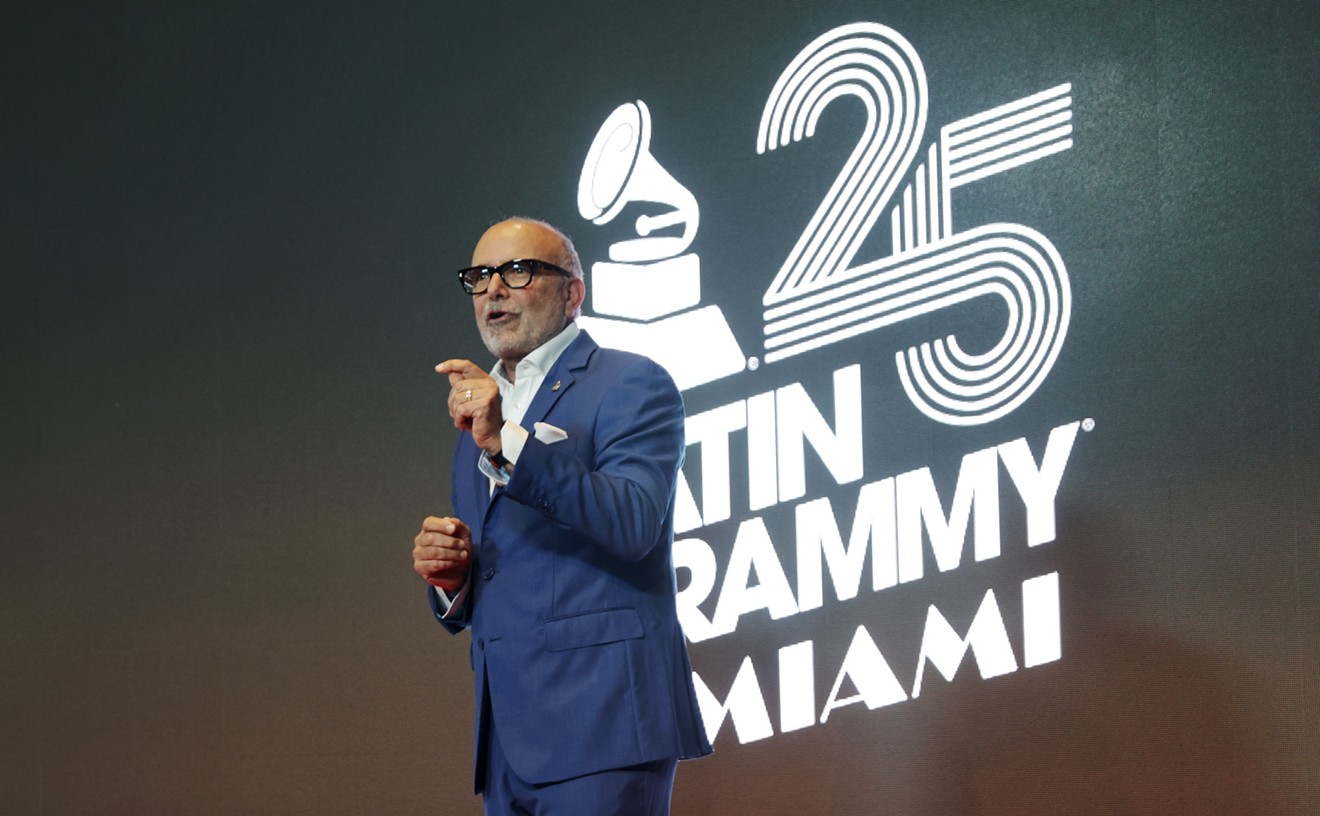Radiohead may have gotten all the hype for the pay-what-you-wish scheme behind its latest online-only release, In Rainbows. But the English rockers weren't the first to willfully give away their music — it's a gimmick stretching all the way back to the blues. Here, a look at music's best freebies of the 20th Century.
1921, Sugar Land: Huddie "Leadbelly" Ledbetter, incarcerated for killing his cousin during a fight, pleads his case for early release to Texas Gov. Pat Morris Neff. During the proceedings, Leadbelly performs — free of charge — a clemency song he penned especially for the occasion. Soon thereafter, Neff frees Leadbelly. Thirty years later, the governor, on his deathbed, reminisces about his life. Between images of his first love and his final election, Neff hears Leadbelly's little melody drift through his head, even though he didn't pay a dime for it.
1943, Paris: His beloved city under Nazi control and his people being rounded up and sent to concentration camps, Gypsy guitarist Django Reinhardt continues in secret to play jazz, which Hitler forbids. Lucky for Reinhardt, jazz trumps Aryan power when a Luftwaffe official named Dietrich Schulz-Koln ("Doktor Jazz") falls in love with the guitarist's sound. In appreciation of the Nazi's kind regard, Reinhardt teaches Schulz-Koln the melody to a song he's working on. Later that night, the Luftwaffe officer serenades his lover with the song. He gets some lovin' out of the deal — and, therefore, doesn't need to resort to his back-up plan, which was to hire a hooker. Money saved is money earned. Reinhardt doesn't see, or ask for, a goddamn franc of this money.
1959, New York City: Avant-garde composer Moondog, the "Viking of Sixth Avenue," sets a stool at the corner of 53rd Street and Sixth Avenue; takes out one of his musical inventions, a "trimba"; and places a basket on the ground. The street musician begins playing and reading poetry. He charges no one to listen to the music, instead enacting a revolutionary payment policy for his fans: "It's up to you. No, really, it's up to you."
1979, London: The Clash releases the double LP London Calling, though it was initially slated as a single album. The band had asked its record company whether it could include a bonus 12-inch with the package. The label agreed, and the band turned in nine extra songs. Despite the fact that there were now 19 songs on two albums, the Clash insisted on charging for only a single LP, therefore giving away nine whole songs for free!
1984, Austin: McDonald's employee and budding songwriter Daniel Johnston begins keeping copies of his handmade cassette, Songs of Pain, in his pocket while he's on duty. During his shifts, he gives them away to anyone he thinks might like his songs.
1992, New York City: Sassy magazine attaches a free single on green vinyl in its October 1992 issue, giving away four songs by four bands: Beat Happening, Velocity Girl, Sebadoh, and Codeine. Despite the fact that free vinyl doesn't pay, the groups get good publicity.
June 2007, London: Prince releases his new CD, Planet Earth, via the London Observer newspaper, at absolutely no cost other than the price of the paper. Record stores are livid, as is the British-based Entertainment Retailers Association, telling the Guardian that the giveaway "beggars belief." Beggars belief? Really?
October 2007, the Internet: Radiohead asks fans to pay what they wish to download its new album, In Rainbows, from the band's website. Many fans wish to pay nothing.










